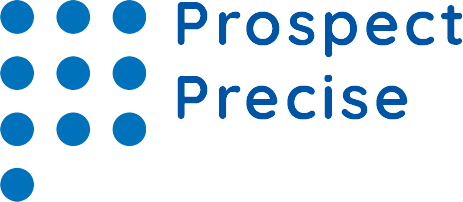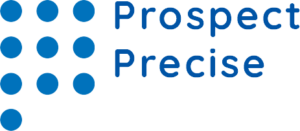The days when marketers would create an ad campaign, have it produced, submit it to a select group of publishers and then declare a job well done are long gone.
Yes, they used to consider the type of advertising that their target population could respond to and decide when the commercials should run. The amount of data and technologies that digital marketers now must sort through in order to try to add value to their companies, however, is incomparable. The day when it was thought to be the most effective strategy to interrupt people’s days with irrelevant advertisements is over. People now want advertisements to be increasingly targeted toward their needs, but not too targeted.
Intent-based marketing is useful in this situation.
Though subtle, the implication is clear: brand messaging should be built on audience intelligence, relevance and value. It should enhance rather than detract from a user’s online experience. Only when we have a deeper understanding of our audience can we interact with them in more meaningful ways and build the kind of strong connections that enable business in the new digital era.
There are fundamentally two different kinds of interactions with advertising. The first is what I mentioned earlier: advertisements that interfere with your work in order to sell you something. These advertisements have been there for a while, and they have essentially not altered much. The commercial breaks on ordinary TV are not all that different from YouTube ads that pause your film in the middle of it to display you an unskippable 8-second advertisement. The issue with this type of advertising is that it targets a relatively unreceptive audience. A viewership that primarily just wants to enjoy their pleasure uninterrupted. This puts a lot of emphasis on the advertisement’s content to be compelling and attract viewers.
Due to the internet, a second type of advertising has emerged that offers the end consumer substantially greater value and relevance. By displaying the advertisement in front of people who would be considerably more open to information about a product or brand, rather than through the creation of any unique or pricey content. Search engine marketing is this type of advertising’s main advocate.
People who are actively looking for information online, or “high-intent persons,” are much more receptive to relevant advertising than other people. The likelihood that someone will take the action you’re searching for increases noticeably if you give them information that will aid them in their quest. In fact, a recent study found that search engine advertising is nearly 5 times more effective at converting customers than display advertising.
As time goes on, behavioral data outweighs demographic data in importance. When it comes to intent-based marketing, marketers prefer to concentrate on specific behaviors rather than the assumptions or information we have about various cohorts based on age, gender and geography.
Search phrases, which customers actively contribute to this process, are typically used to do this. Finding out what people are looking for might provide valuable insight into their intentions. In terms of advertising efficacy, a thorough keyword research activity and ongoing analysis can compete with the most expensive piece of content for a fraction of the cost. Writing the material based on the search terms’ intent is crucial after those keywords have been determined.
The importance of intent-based marketing is already recognized by many business owners and marketers. There has been significant advancement in this area over the last several years, and it is probable that organizations will continue to benefit from it and that the use of predictive analytics as a whole will rise.
Bottom line: Improving customer experiences is likely to be the focus of intent-based marketing in the future. It has been demonstrated that intent-based marketing can be advantageous for companies of all sizes. With the passage of time and the development of technology, this trend will only grow and improve.




